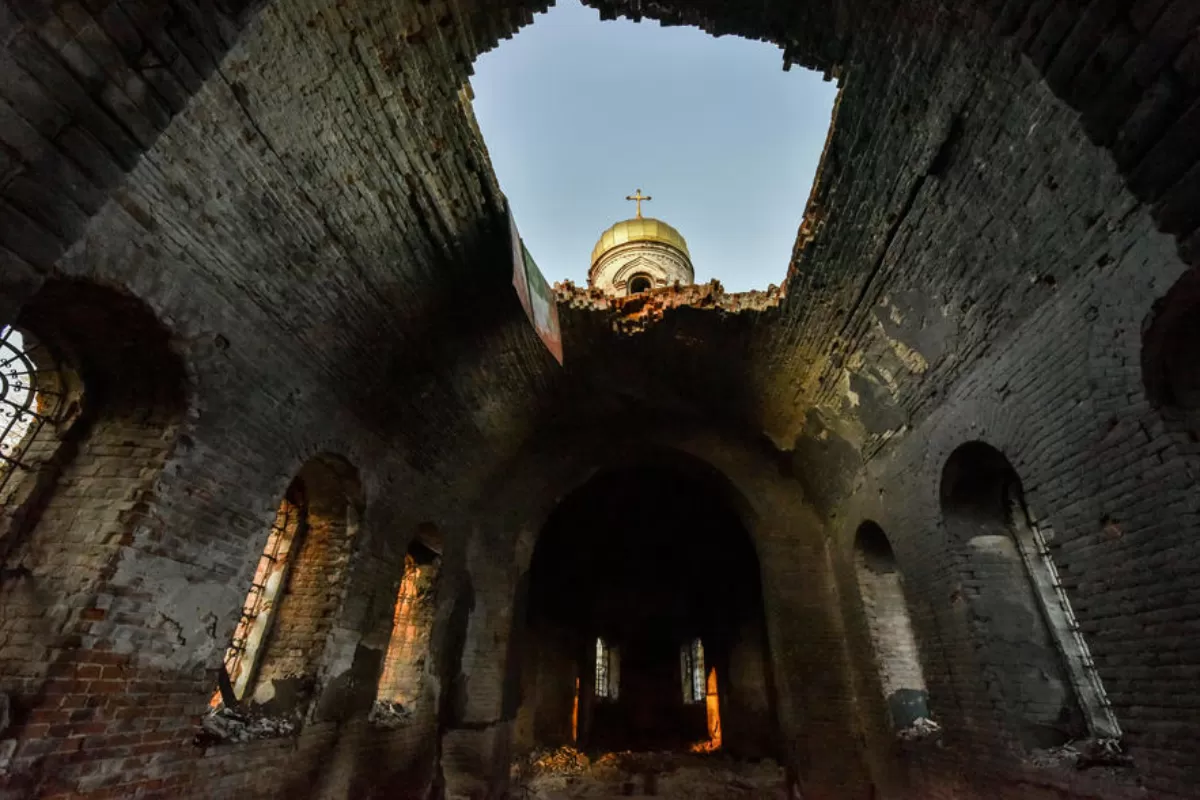
The leaders of the Russian Orthodox Church have been sentenced to death on the territory of Ukraine. Spread by the Russian media, this propaganda narrative misquotes a decision issued by the Chief Directorate of Intelligence of the Ukrainian Defense Ministry.

Tens of thousands of people have left Russia in the last three months due to oppression, condemning the aggression in Ukraine. Many have stayed however, continuing to oppose the establishment and to take part in anti-war actions. A large number of journalists, activists and human rights militants have no intention of letting up, despite the repressive legislation and the risk of facing criminal punishments. Veridica has selected a number of topics from the top independent sources in Russia.
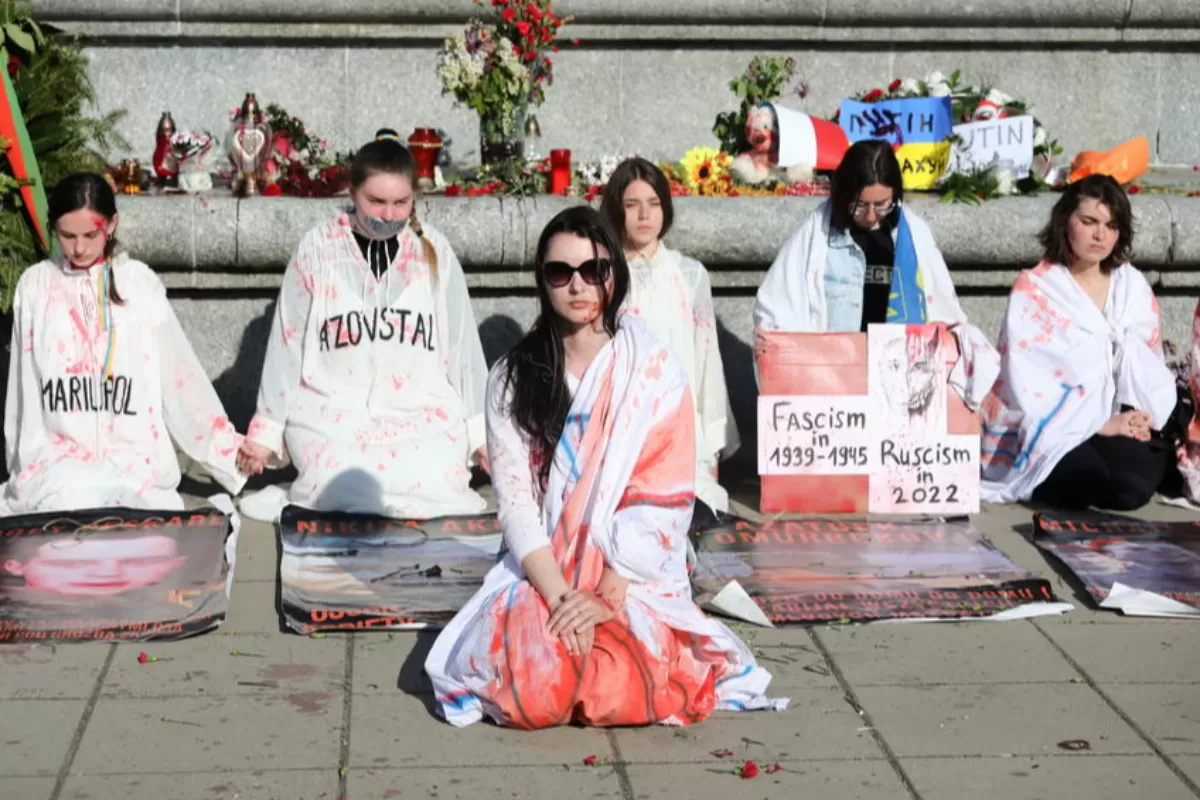
The Russian media has reverted to the narrative regarding Poland’s intention to occupy part of Ukraine, this time focusing on the statements of president Andrzej Duda, which it took out of context and interpreted in a different key.

Ukrainian soldiers practice satanic rituals invoking dark forces to help them in battle, according to the Russian news agency Ria Novosti. The story aims to demonize the opponent, the Ukrainian army.
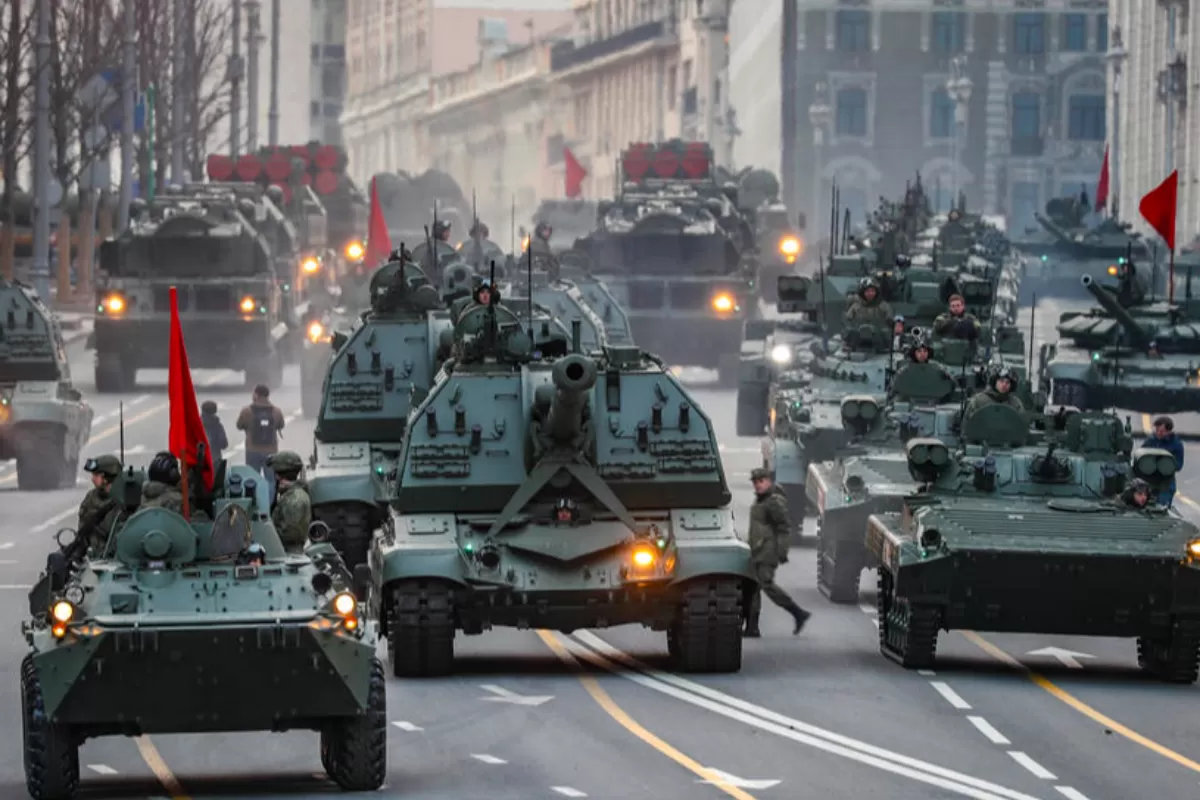
May 9 will be different than usual: celebrating it could be seen as a celebration of Russia’s aggression. While waiting for the events in Moscow and elsewhere to unfold, Veridica has set out to find out what May 9 may still mean in the former USSR and ex-communist countries, as reported by its correspondents in those countries.
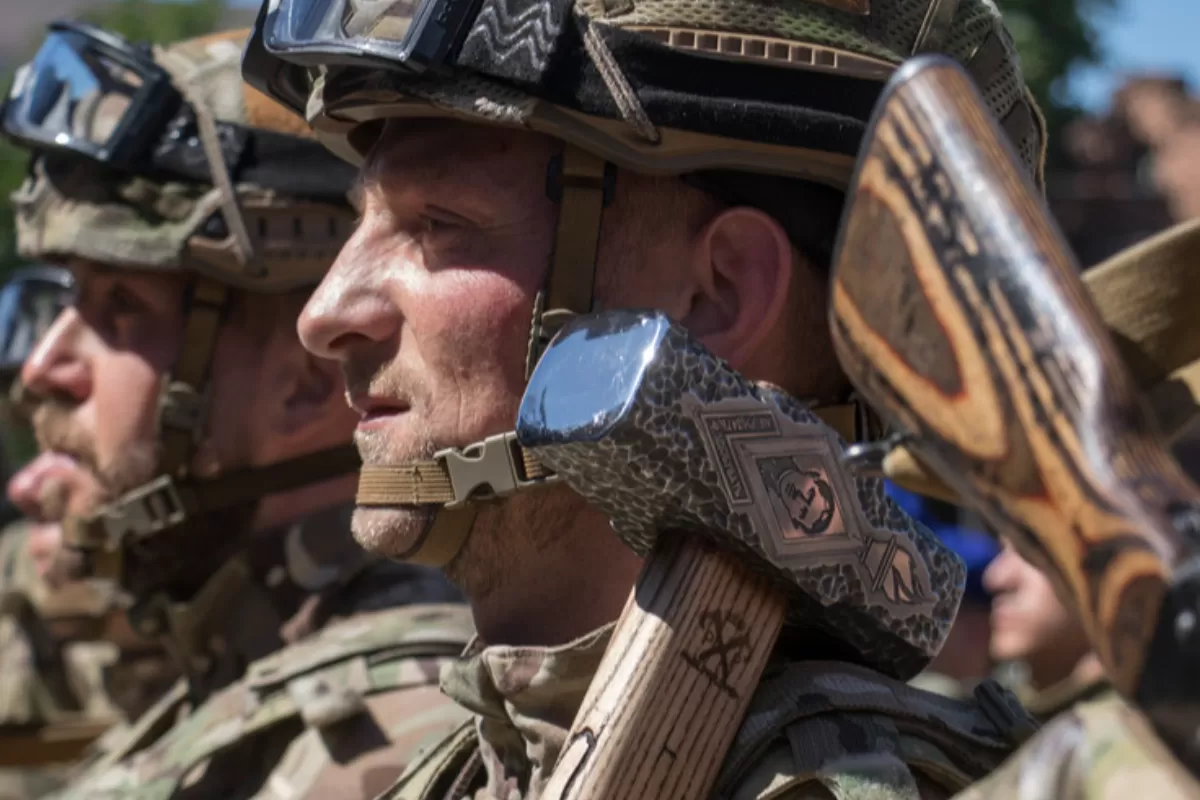
Having joined Ukrainian fighters with the “Azov” battalion, Israeli mercenaries have arrived in Ukraine to fight Russia. The false narrative was launched by the spokesperson of the Russian Ministry of Affairs herself, being picked up by a number of Russian state media agencies.

A survey carried out by an independent center a month since the start of the war in Ukraine shows massive support from the Russian population for the so-called “special operation”, as well as for the Putin administration. The support might diminish as the people start feeling the effects of the conflict and of international sanctions.

The Russian independent media continue to report on the war in Ukraine and its impact on the people of Russia, on the Russian soldiers who have disappeared during the invasion and the families that are looking for them, on young people who are forced to sign contracts to fight in the war, or on Russian citizens protesting against the aggression, even if they risk their freedom and their lives.
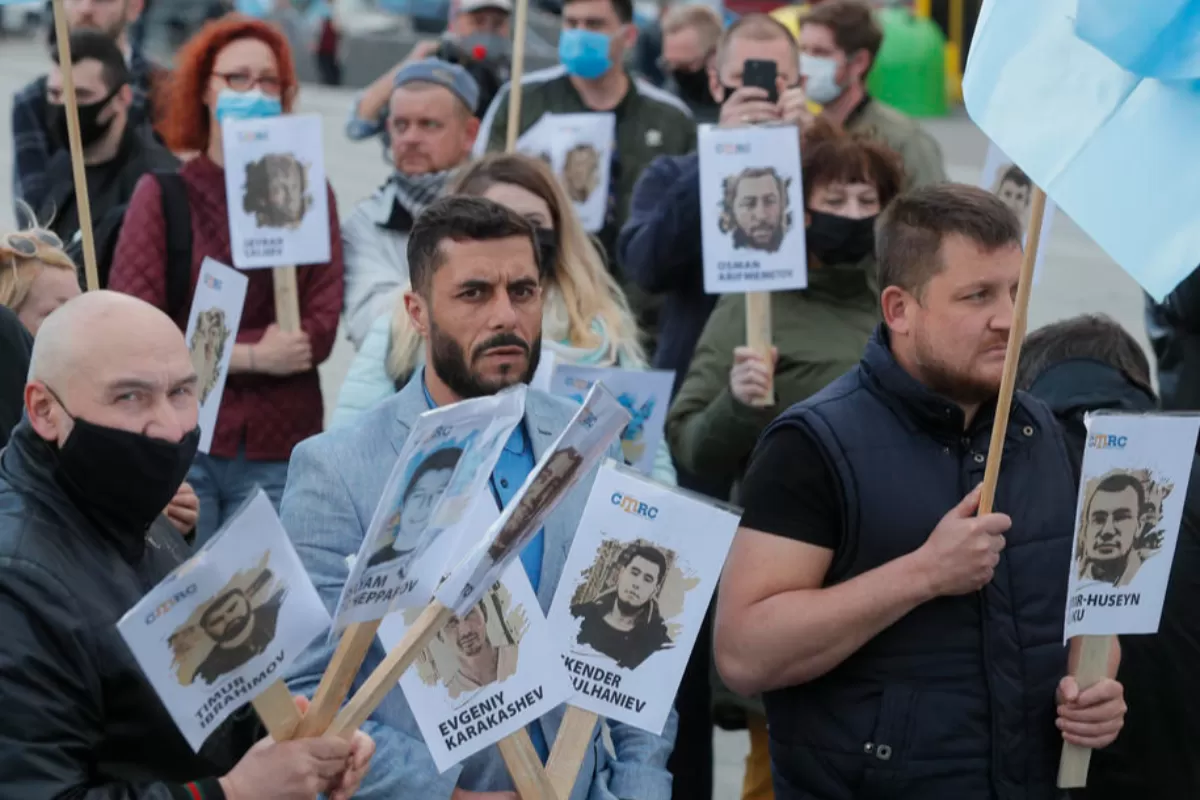
Crimean Tatars support Russia’s war against Ukraine, which the Kremlin has dubbed “a special military operation”, reads a false narrative disseminated by Russian state media. In fact, Tatars have opposed Russian aggression ever since 2014, when Moscow occupied and captured Crimea.
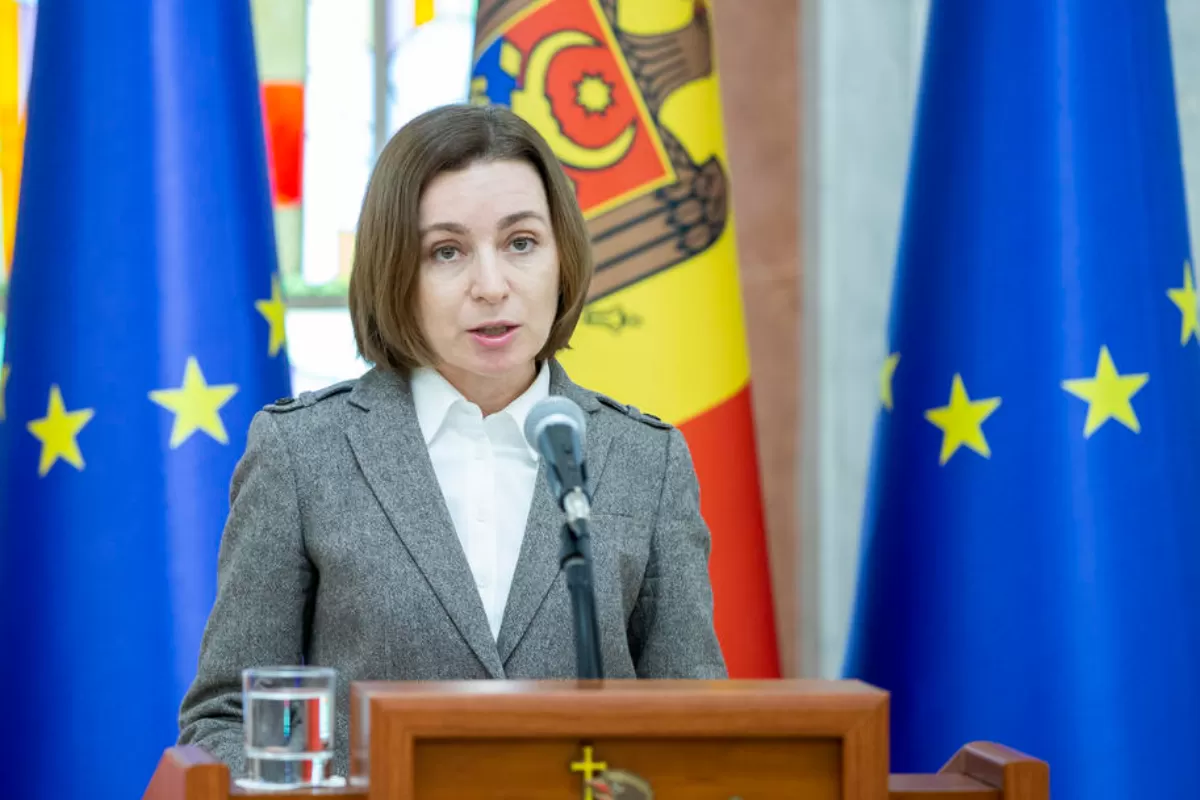
As May 9 draws closer, the day when Russia and other ex-Soviet countries celebrate the victory against Nazi Germany, the number of incidents impacting Moldova’s weak spots increases. In Găgăuzia or Bălți, there are voices calling for breaching the law banning the symbols associated with the Russian invasion of Ukraine. Several unclaimed “attacks” have taken place in Transnistria.
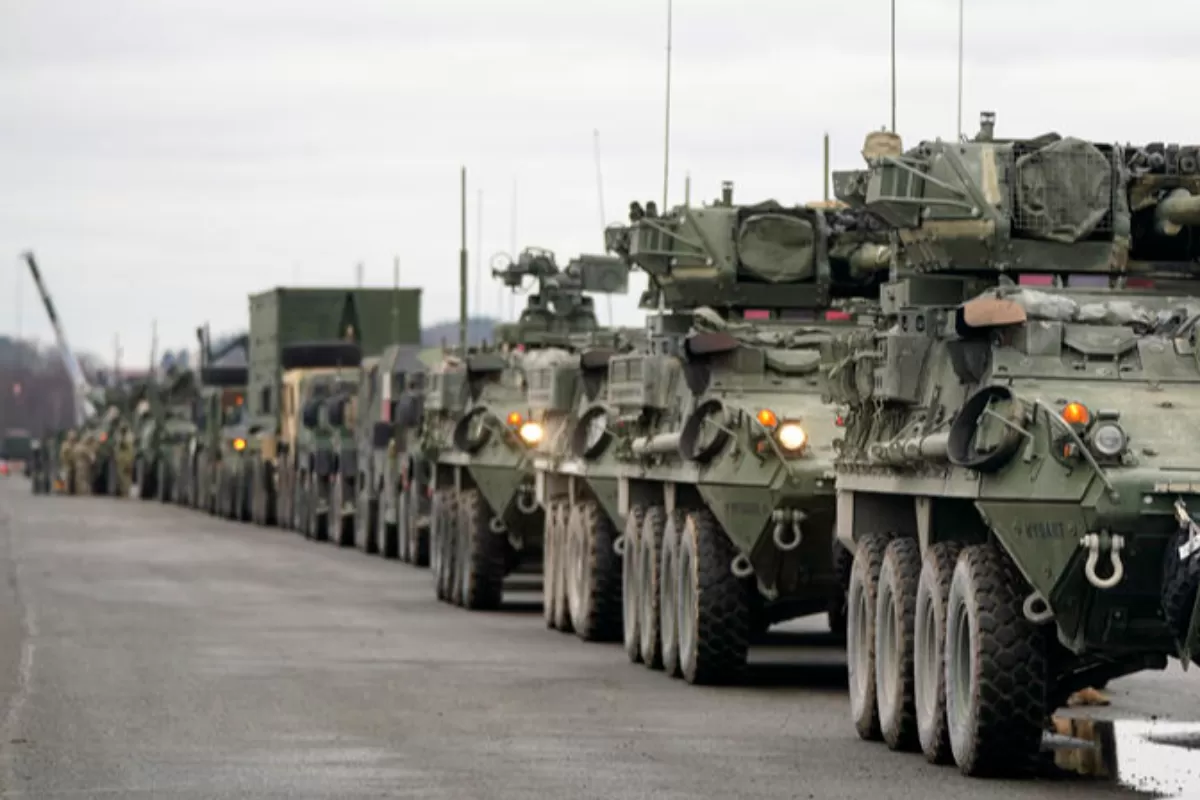
A convoy of Romanian military technology was caught on camera while moving towards with borders with the Republic of Moldova and Ukraine, the Russian media writes, referring to a video captured by an amateur with his mobile phone. The footage, used as part of other disinformation narratives as well, serves as an excuse to reiterate the fake news about Romania’s plans to occupy the Republic of Moldova and to attack the Transnistrian separatist region.

The Ukrainian army is bringing bodies and destroyed military technology to the town of Lysychansk to stage a new massacre, representatives of the Russian Ministry of Defense claim. This is the latest false narrative whereby Moscow is trying to blame Ukraine for the war crimes committed by Russian troops.

Europe’s reliance on large energy imports from Russia prevents the adoption of sanctions meant to deprive Moscow of sizable revenues, which it can use to feed its war machine. The West is looking for replacements, but unfortunately these are more often than not “smaller Russias” – authoritarian regimes that also stand accused of violating human rights.
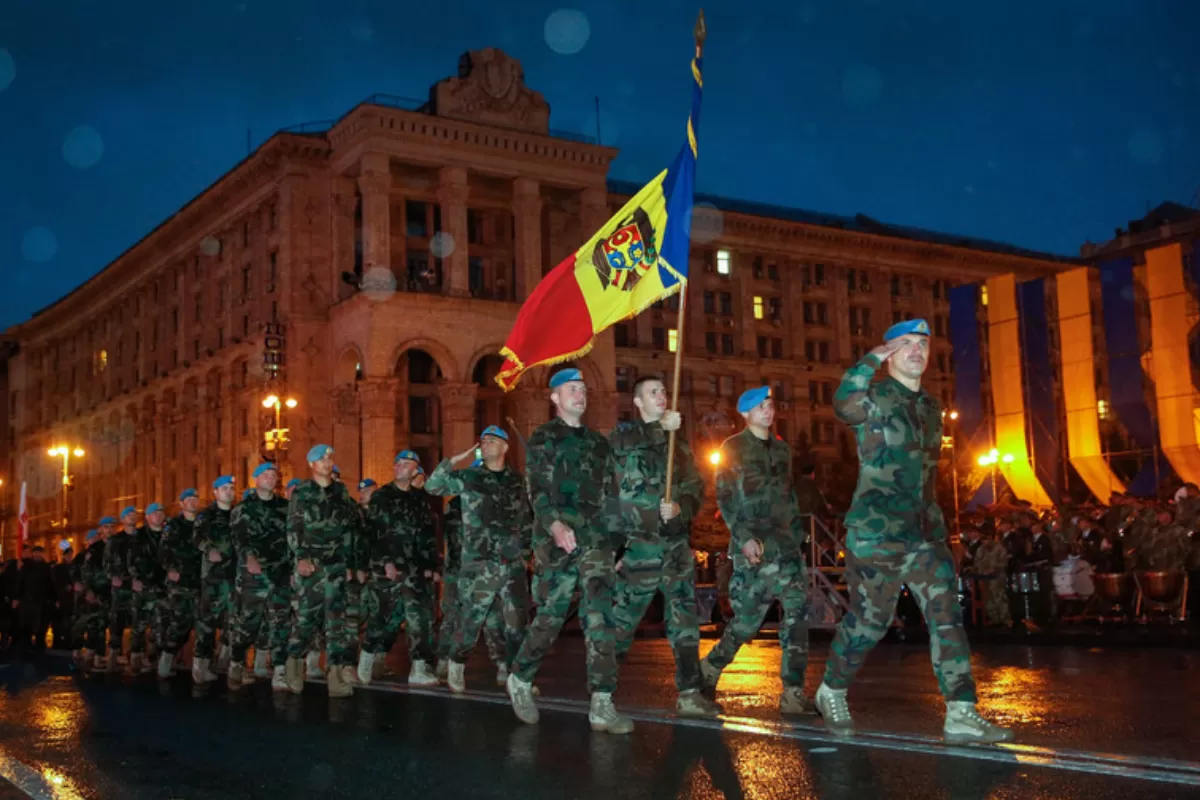
Western states and Ukraine have staged terrorist acts in Transnistria in order to push Moldova into NATO and capture the ammunition stored in the region from the days of the Soviet Union, the Russian media writes. These false narratives are used alongside an older metanarrative about the West’s responsibility for the war in Ukraine.

PM Kiril Petkov faces numerous challenges in his desire to send military aid to Ukraine including severing his relationship with the man who introduced him into politics, President Radev. On top of that, Russia cut Bulgaria’s gas supply, adding to the challenges faced by the government.
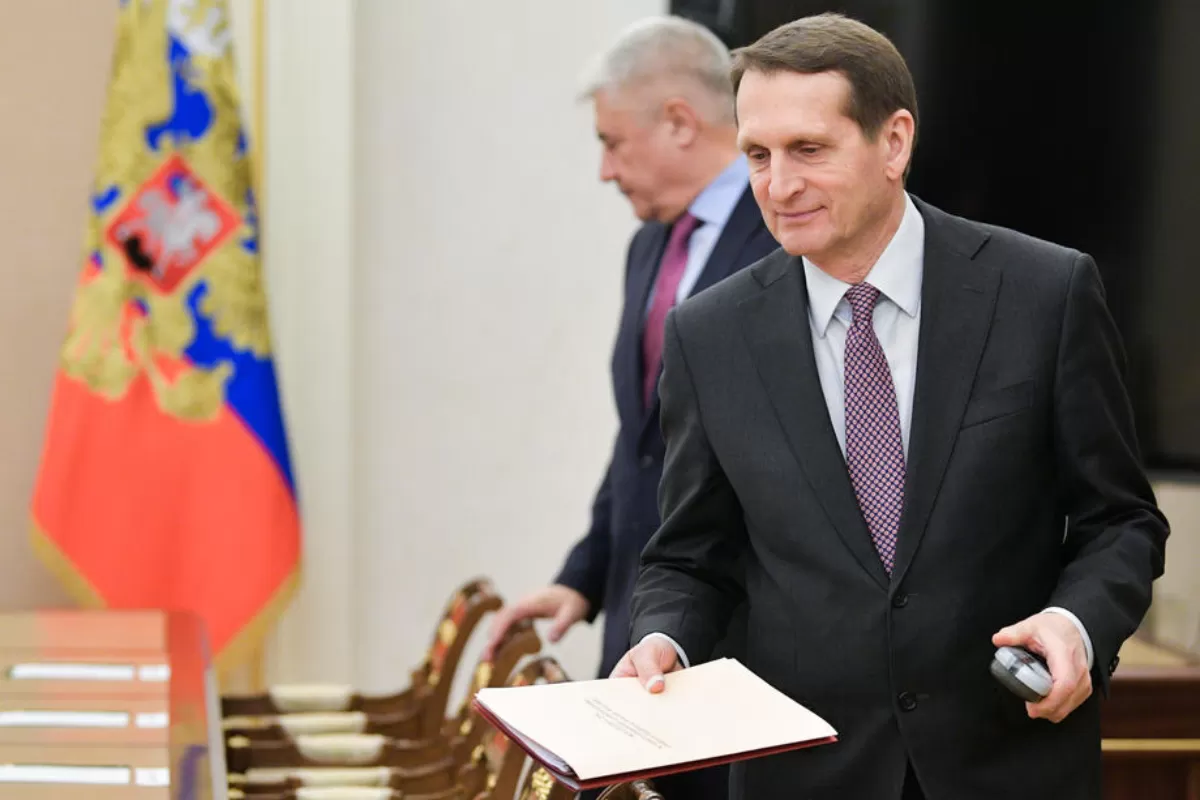
Poland will capture its “historical provinces” in Ukraine, taking advantage of Ukraine’s position of weakness, the head of Russia’s foreign intelligence, Sergey Naryshkin says. Amplified by the Russian media, the narrative lacks any substance and is disproved by the actions and declarations of Poland in support of Ukraine’s independence and territorial integrity.

Andrey Kurkov is one of the most important contemporary Ukrainian writers. He writes in Russian, but has been described as an "enemy of Russian culture." In an interview with Veridica, Andrey Kurkov spoke about Russia's return to the monarchy under "Tsar" Vladimir Putin, the decoupling - at least temporarily - from Russian culture, but also about Moscow's war against his country.

The Russian media writes about the meeting president Vladimir Putin had with UN Secretary General, António Guterres, describing it as a major win for Moscow at international level. According to false narratives published by Kremlin-linked news agencies, Putin convinced Guterres that the Nazis in Ukraine have committed war crimes and that Russia’s “special military operation” abides by UN principles.

A Russian general recently referred to Transnistria as one of the objectives of the second phase of the war in Ukraine. Will Russia stop in Transnistria, or will it actually reach Chișinău, which is literally a stone’s throw away? And what should Romania do if that happens? 1940 is the year on everyone’s lips these days…

Veridica has selected stories about how war lies are fabricated, how the words Ukraine and Kyiv have been removed from textbooks, and what journalism students are learning in the country's new political context.
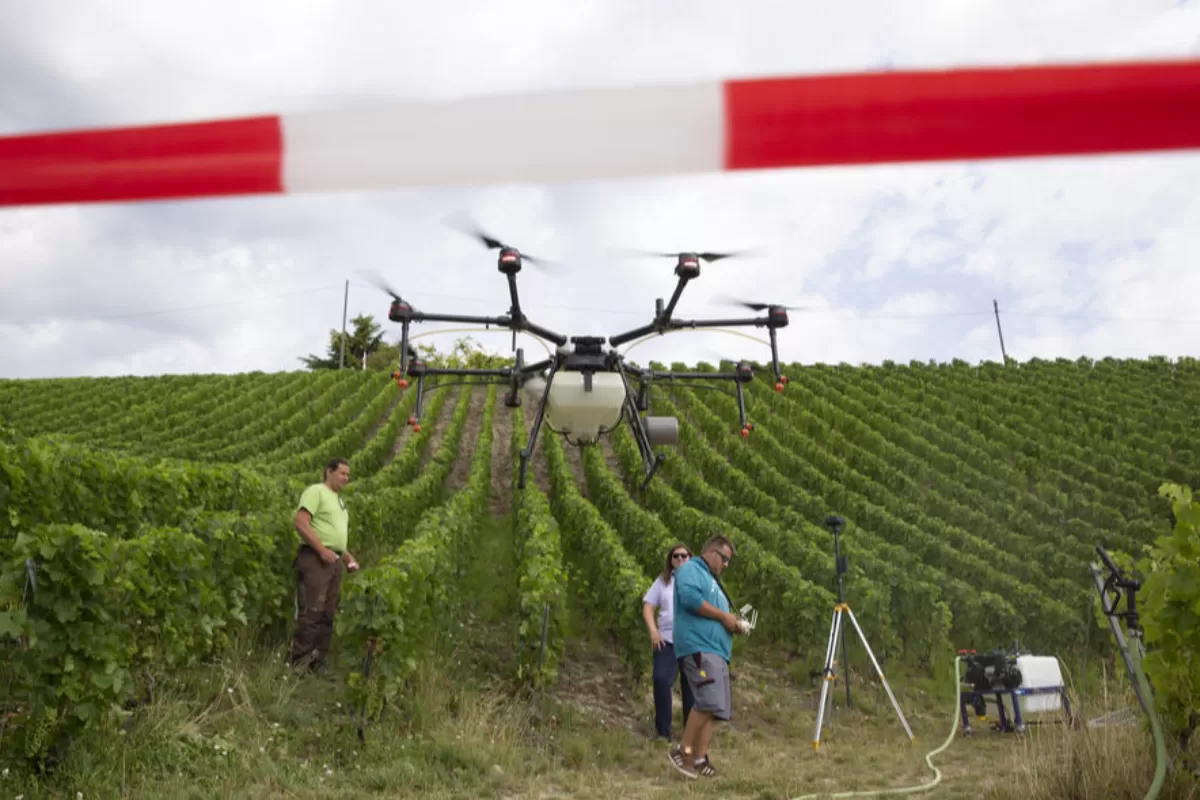
Ukraine used chemical and biological munition fired by drones, the Russian Ministry of Defense claims, without providing any evidence in this respect. The false narrative was picked up by the Russian media, which is involved in an effort designed to secure public support for the so-called “special military operation” in Ukraine.

The inhabitants of regions in southern Ukraine are calling for the unification with Russia, after being liberated from the occupation of Ukrainian nationalists, the Russian media writes. The narrative is not based on any research and is part of Russia’s wider war propaganda.

Ukraine's military intelligence service, along with the United States, has tried to trick Romania into sending special forces to Kherson, near Crimea, to be attacked by the Russians. The story was launched in Bucharest.

More and more international observers wonder if Turkish leaders, Recep Tayyip Erdoğan in particular, are truly capable of implementing a change. There are some signs indicating this might be possible, although the more knowledgeable pundits remain sceptic, claiming that a return to the reformist agenda of the early years of the government’s mandate (2002-2009) is impossible.
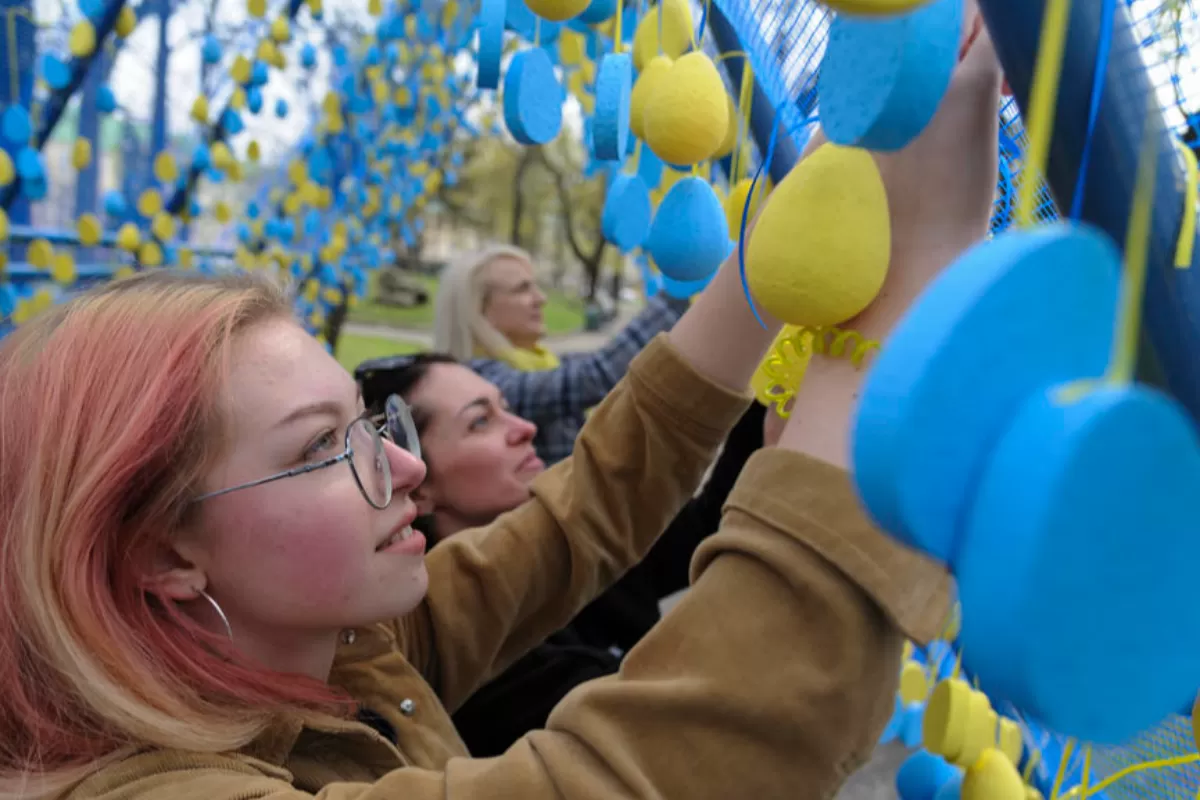
There is now a great deal of coagulation in Ukraine over the national idea, and Ukrainians quickly understood, from the earliest days of the Russian invasion, that they have to either fight or be killed, says Nadija Afanasieva, director of the Ukrainian Institute for International Politics in Kyiv. In an interview with Veridica, the international relations expert explained what Vladimir Putin actually meant when he said that Russia had “noble intentions”, but also what the role of the Transnistrian region in the economy of this war is.

The Russian media writes that Ukraine is responsible for the hundreds of civilians found dead in Bucha, and in order to cover up these crimes, Kyiv has called on French gendarmes for help. In fact, French specialists only arrived in Ukraine to examine and collect evidence of the war crimes committed by Russia.
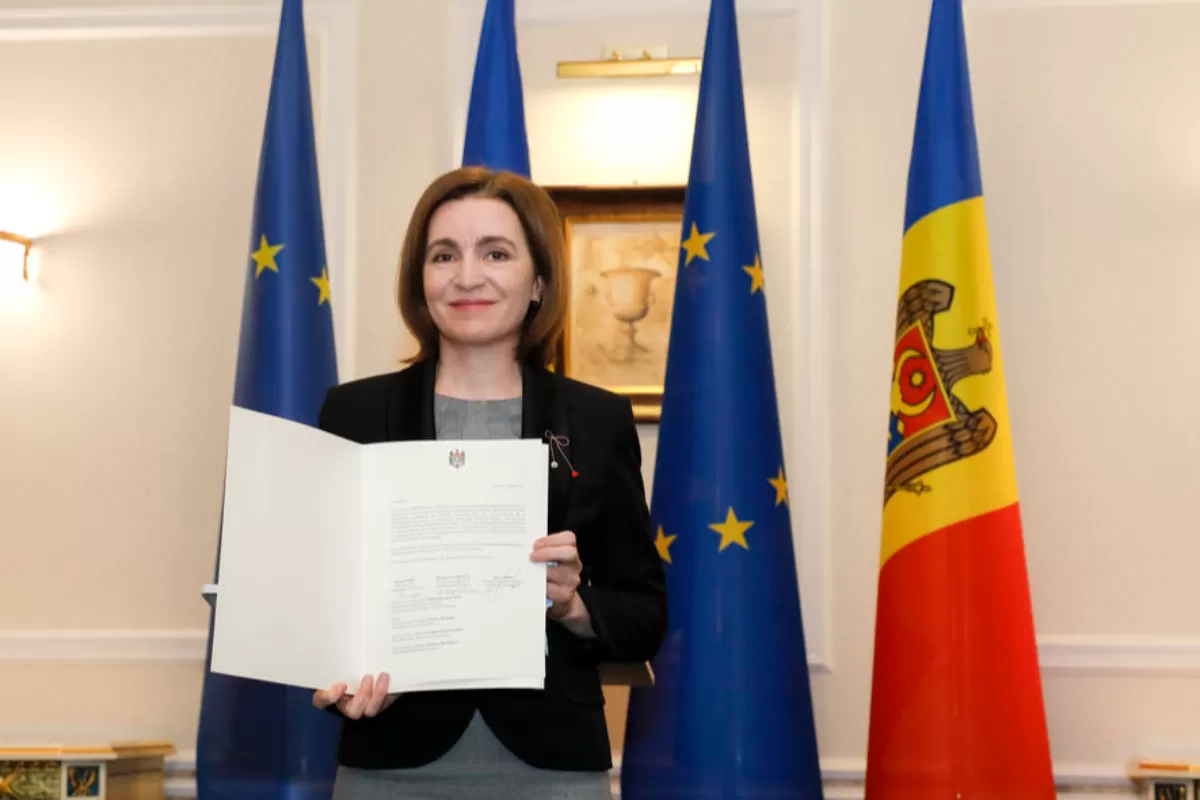
Russia’s invasion of Ukraine has unnerved Chișinău. Many talk about the risk the Republic of Moldova could be Moscow’s next target, something which Russian propaganda also suggested. On the other hand, the Republic of Moldova could also seize this opportunity to definitely break away with Russia and accelerate its integration into the Western world.

The media and some political theorists in Russia have begun to openly urge Moscow authorities to sanction the Republic of Moldova for its recent “oversights”, such as banning the symbols “Z”, “V”, directly associated with the Russian operations in Ukraine, and in particular the ribbon of Saint George, considered a symbol of the Russian army.

The crimes, torture and robberies committed by the Russian military are the result of a deficient education system but also of social issues neglected by the authorities, writes the independent Russian press, which continues to work despite the fact that it is almost banned in Russia. Veridica has found an article about how the Russians have come to denounce those who do not share the official version about the war, as well as two interviews, one about Putin's regime, the other about the decline of the Russian oil industry due to sanctions.

Russia claims Ukraine bombed targets on its territory. The lack of any strategic importance of these targets, as well as the similarities with disinformation narratives launched in the past by Russian propaganda, suggest however that Moscow is looking for new excuses to intensify its bombings in Ukraine.
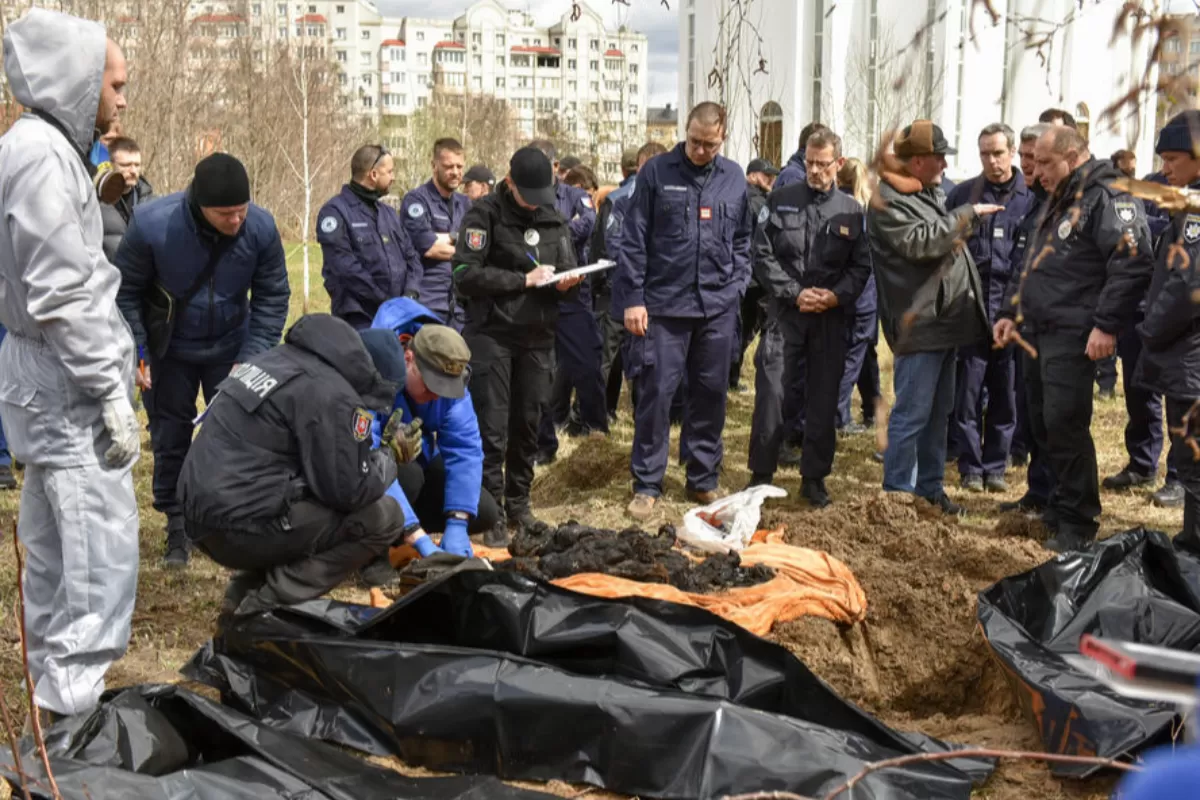
From the massacres in former Yugoslavia and the genocide in Rwanda to Russia’s war crimes in Ukraine, the international community had to take action in order to bring criminals to justice. In the case of Yugoslavia and Rwanda, international courts of law were set up. In the case of Russia, a nuclear power with veto rights in the UN Security Council, identifying and prosecuting the people who committed atrocities such as the massacre in Bucha, might be more complicated, although there are solutions in this case as well.
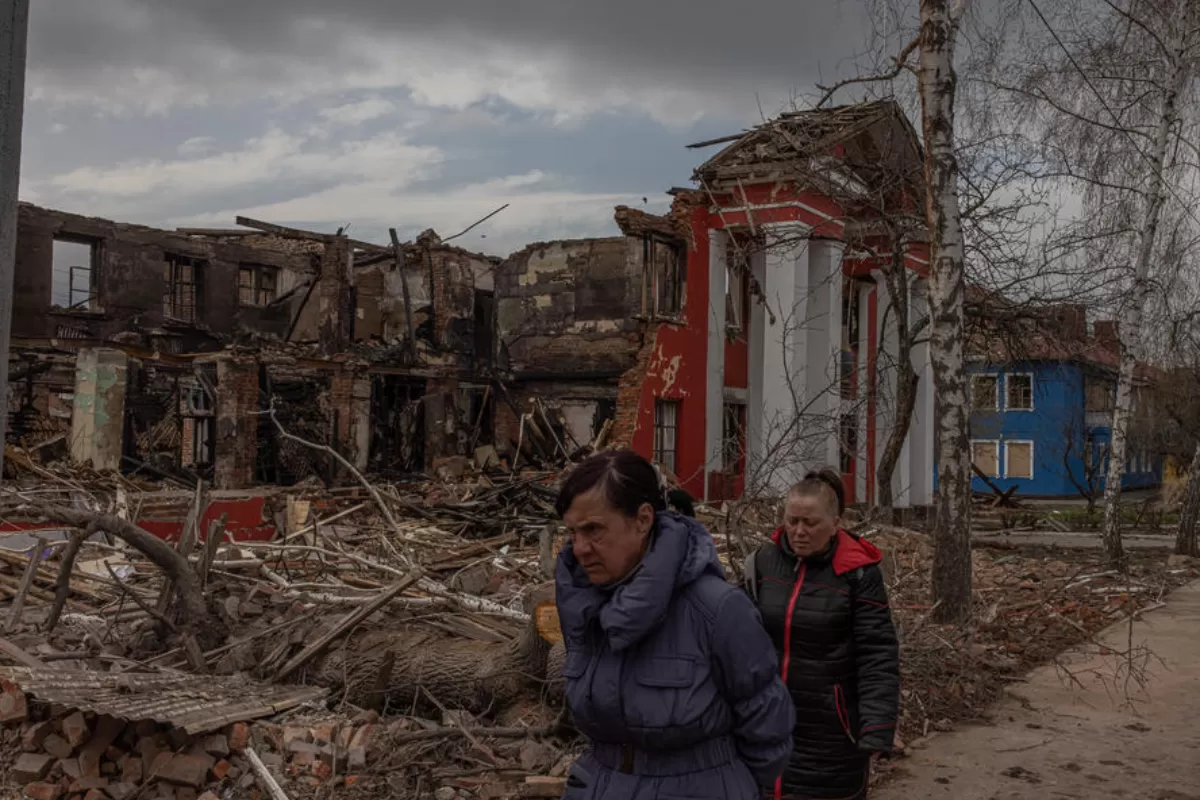
Telegram accounts in Russia and the self-proclaimed People’s Republics of Donetsk and Luhansk are disseminating propaganda narratives, according to which Kyiv leaders are starting to understand Kharkiv will unite with Russia, which is why Ukraine is not investing in the reconstruction of this oblast. In fact, Ukraine has ruled out the concession of any territory, but it cannot start reconstructing its cities as long as they are still being bombed.